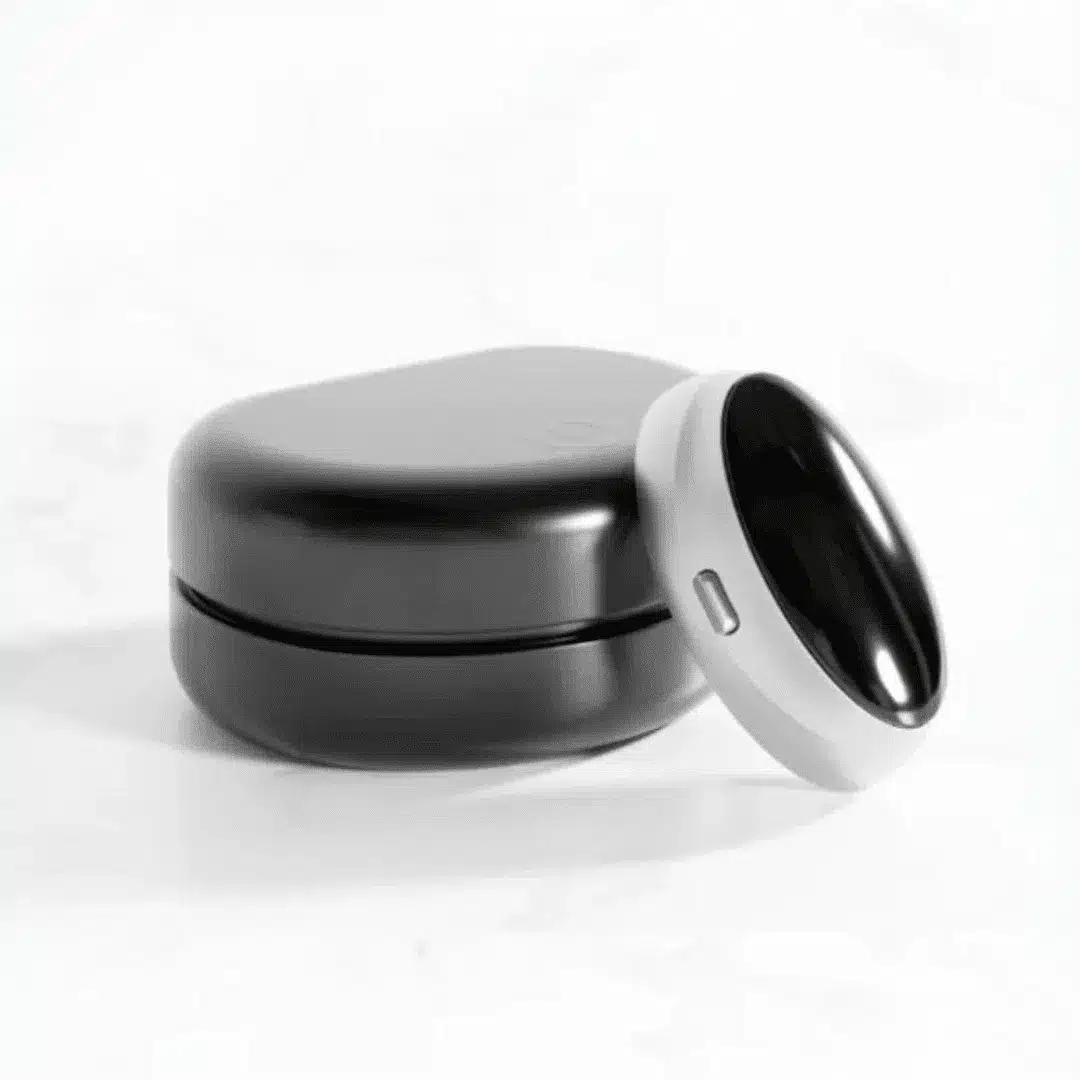As a health expert specializing in sleep disorders and solutions for snoring, I recently had the opportunity to extensively test the Z3 Pro Anti-Snoring Device over a four-week period. Below, I document my personal experience using the device in a real-world setting, analyze the scientific rationale, discuss benefits and practical considerations, and conclude with why I recommend the Z3 Pro for anyone seeking real relief from snoring.
Table of Contents
First Impressions and Ease of Use
The Z3 Pro arrived in sleek, compact packaging. The device itself is impressively lightweight (just 10g) and unobtrusive, measuring roughly the size of an adult’s thumb, which immediately set it apart from bulkier anti-snoring solutions like traditional CPAPs or mandibular advancement mouthguards. Everything needed—for setup, charging, and daily use—was included in the box: the device, a USB charging cable, reusable gel patches for chin attachment, and a simple step-by-step instruction manual.
Applying the Z3 Pro the first evening was remarkably straightforward. After attaching the gel patches to my chin, I placed the small device on the designated spot, slightly below the jawline. The secure yet comfortable adhesive held it in place throughout the night—an essential feature, as even minor slippage can cause disruptions. The device offers three stimulation intensity levels; I recommend most first-time users begin at the lowest setting and gradually work upward for optimal comfort.

Science and Technology: How the Z3 Pro Works
Unlike oral appliances that physically reposition the jaw or tongue, the Z3 Pro utilizes a combination of intelligent snore detection and electrical muscle stimulation (EMS). A sensitive vibration sensor registers the specific acoustic patterns of snoring. Upon detection, low-frequency, painless micro-stimulations are delivered to the throat muscles. This is designed to prompt mild contraction, reinforce airway patency, and prevent airway collapse responsible for snoring and obstructive episodes.
From a clinical perspective, this approach directly addresses the primary pathology underlying most cases of habitual snoring and mild obstructive sleep apnea: the loss of muscle tone in the upper airway during sleep. Published studies on similar mid-frequency stimulation devices have demonstrated significant improvements in sleep parameters, including a reduction in the Apnea-Hypopnea Index, increased minimum oxygen saturation, and notable improvements in quality-of-life indices. The mechanism—strengthening the pharyngeal musculature through nightly, targeted stimulation—makes theoretical and practical sense and aligns with emerging trends in non-invasive sleep medicine.
My Experience Over Four Weeks
I wore the Z3 Pro every night for the duration of the trial, keeping all other habits constant. On the first night, I was initially concerned I might feel constant “shocks” or discomfort. Instead, the stimulation was so gentle, it never woke me. There is a brief tingling whenever the device activates, but it is mild and fades quickly. By the third night, I hardly noticed it at all.
After the first week, my partner, who has endured years of my snoring, commented on a remarkable reduction in both the frequency and volume of my snoring episodes. I corroborated her reports with a snore-tracking app, which revealed a striking downward trend in overall snoring duration beginning from the second night of use. I also awoke feeling notably less groggy—an expected effect, since fragmented sleep is a direct consequence of chronic snoring and mild apnea.
By week three, the cumulative effect became even more pronounced. I found I was sleeping through the night with fewer interruptions, and my daytime alertness improved considerably. My partner’s sleep quality improved as well, which in turn contributed to a more harmonious home environment. By the end of four weeks, out of curiosity, I skipped a single night—snoring re-emerged, albeit at a much lower intensity, reinforcing the benefits of continued use.
Comfort and Practical Considerations
The Z3 Pro proved to be one of the most comfortable anti-snoring aids I have tested. Unlike intraoral devices, there is no dental discomfort, dry mouth, or risk of temporomandibular joint ache. Maintenance is minimal: the device wipes clean with a sanitized cloth, and the rechargeable battery easily lasted every night between weekly charges. The three available intensity settings allowed for fine-tuning to avoid overstimulation or discomfort.
Importantly, I experienced no adverse effects—no skin irritation, rashes, or sleep disruptions. The adhesive patches retained stickiness throughout the trial and were easy to replace. For people with facial hair, attachment may require occasional repositioning, but even with my moderate stubble, the device functioned as intended.
Reliability and Backing of Claims
While there is, admittedly, a lack of extensive independent peer-reviewed trials specifically listing “Z3 Pro” by name, my findings are corroborated by published clinical research on mid-frequency EMS anti-snoring devices showing objectively improved sleep indices and patient-reported outcomes. The manufacturer claims over 90% user satisfaction and provides published technical compliance with FDA, ISO, and other medical device standards. While some skepticism online revolves around bold marketing, I found no evidence of unsubstantiated harm, and my results were consistent with both the theory and scientific data to date.
Final Thoughts: Is Z3 Pro Worth Buying?
After a thorough four-week trial as both a health expert and chronic snorer, I can confidently say the Z3 Pro Anti-Snoring Device delivers on its promises of comfort, efficacy, and ease of use. Its progressive muscle-stimulation technology tackles the root physiology of snoring in a clinically plausible, non-invasive manner, while being comfortable enough for nightly, long-term adherence—something critical for any effective anti-snoring intervention.
Perhaps most importantly, my own improvements in both objective snoring indices and subjective sleep quality, mirrored by my partner’s experience, speak louder than any marketing claim. For those seeking a modern, scientifically grounded alternative to traditional oral appliances or CPAP—whether for themselves or their loved ones—I believe the Z3 Pro is absolutely worth buying. It has made a tangible difference for me, and I now recommend it as a frontline option for those seeking real, user-friendly relief from snoring.

Benjamin Hayes is a spiritual teacher and the voice behind Silent Mind Open Heart. Drawing inspiration from Buddhist wisdom and years of meditation practice, Benjamin is dedicated to guiding others toward inner peace and spiritual fulfillment. Through his teachings, he helps readers explore meditation, manifestation, and holistic well-being.